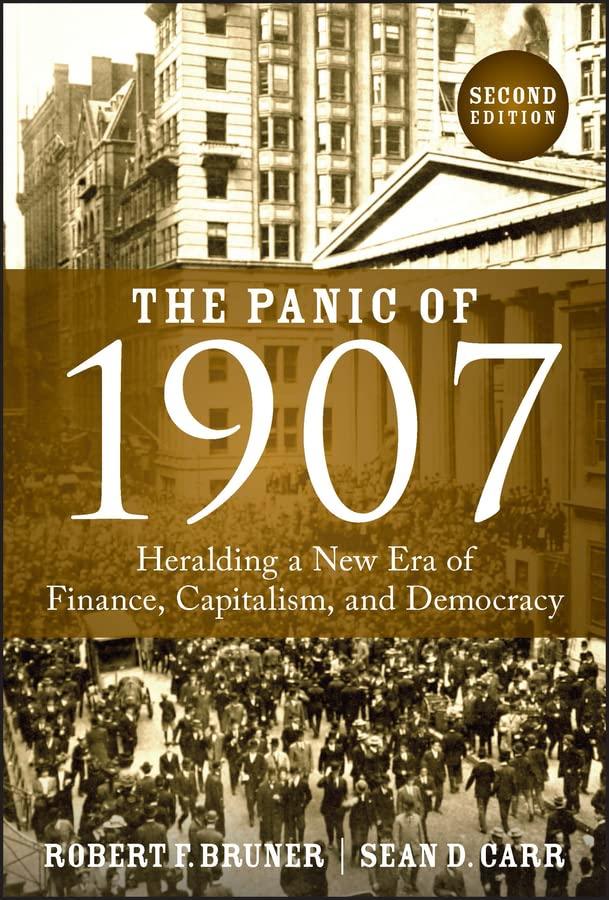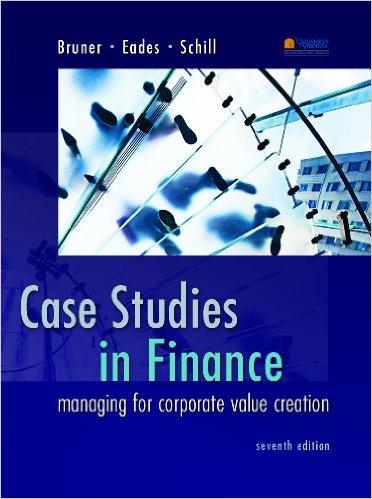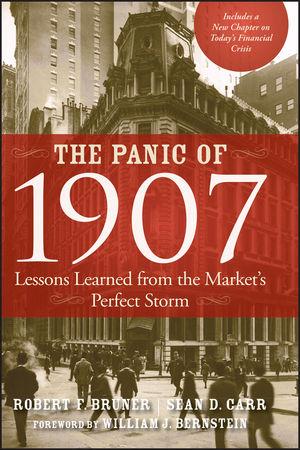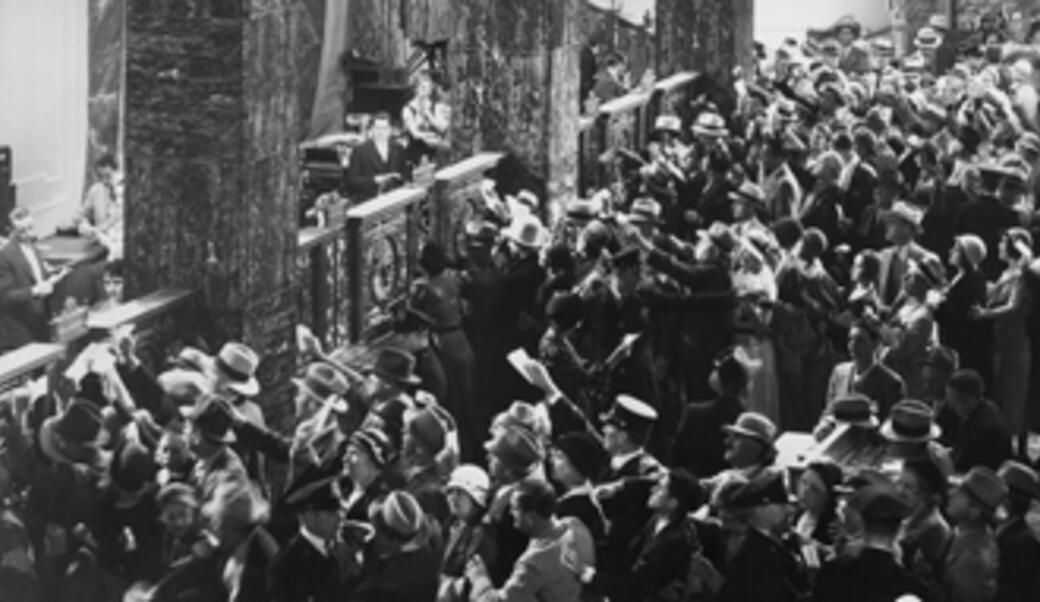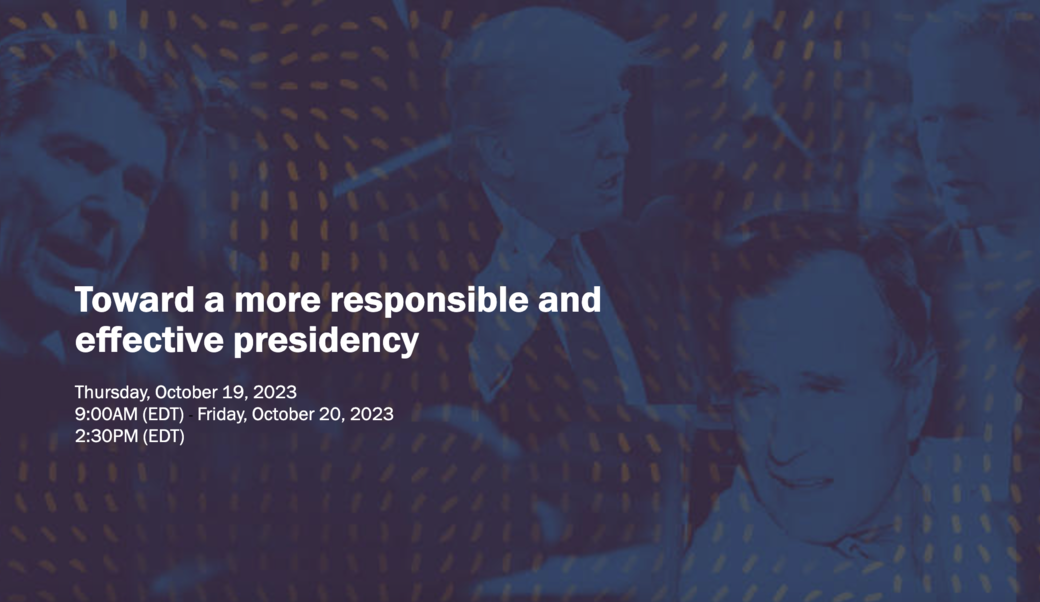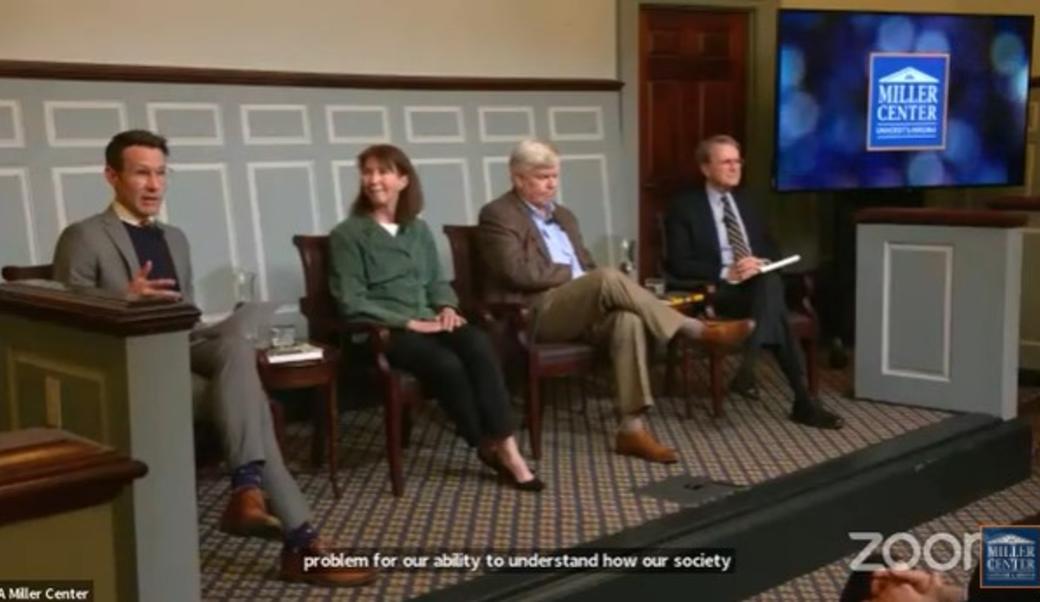Fast Facts
- Dean Emeritus of the Darden School of Business at the University of Virginia
- Author, co-author or editor of more than 20 books on finance, management, and teaching
- Expertise on financial crises, bank panics, enterprise leadership
Areas Of Expertise
- Economic Issues
- Finance and Banking
- Jobs and Economy
- Taxation
- Trade
- Governance
- Leadership
Robert Bruner, faculty senior fellow, is University Professor Emeritus at the University of Virginia, Distinguished Professor Emeritus of Business Administration, and Dean Emeritus of the Darden School of Business. He has also held visiting appointments at Harvard University and Columbia University, INSEAD in France, and IESE in Spain. He is the author, co-author, or editor of more than 20 books on finance, management, and teaching. A faculty member since 1982, he has won leading teaching awards at the University of Virginia and within the Commonwealth of Virginia. His current fields of research and teaching include financial crises, the relationship between democracy and capitalism, and the leadership attributes of U.S. presidents.
As a financial economist, Bruner is best known for his research on mergers and acquisitions, corporate finance and financial panics. His books Deals from Hell and Applied Mergers and Acquisitions have helped numerous practitioners and students toward successful transactions. His book published in 2008, The Panic of 1907: Lessons Learned From the Market's Perfect Storm, with Sean D. Carr, attracted wide attention for its discussion of the underpinnings of financial crises. In 2011, Bruner led a global task force of deans for the Association to Advance Collegiate Schools of Business that produced a comprehensive review of global management education. The resulting book-length report, The Globalization of Management Education, urged educational leaders to rise to the challenges of globalization. He is the author and co-author of more than 300 teaching case studies and of Case Studies in Finance, now in its eighth edition. He comments on life, business, and current events in his blog.
As the eighth dean of the Darden School from 2005 to 2015, Bruner chartered or led a series of initiatives that strengthened the faculty and academic programs, raised the profile of admitted students, improved diversity in the Darden community, raised more than $165 million in new funds, and saw Darden's rankings rise to the top 10 of U.S. business schools. In 2011, Poets & Quants and CNNMoney/Fortune named him "Dean of the Year."
A native of Chicago, Bruner received a BA degree from Yale University in 1971 and MBA and DBA degrees from Harvard University in 1974 and 1982, respectively.
For more information and copies of his papers and essays, visit his website.
